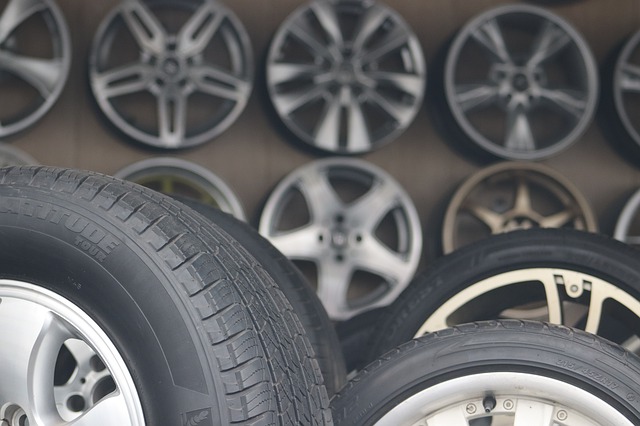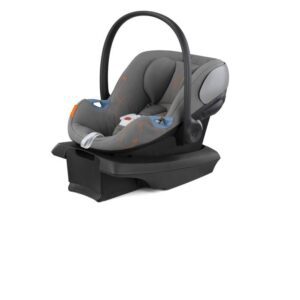Budget vs Premium Tyres: Which are better value?

Cheap or premium tyres
With the cost of living rising, you might be looking at different ways to make motoring more affordable. There’s no doubt that replacing your tyres makes your vehicle more efficient, which means that you’ll ultimately pay less at the pump. But when you come to choosing your tyres, is it worth looking at the premium options, or just sticking with what’s affordable?
The difference between budget and premium tyres
A premium-quality tyre will tend to be manufactured by a company that you’ve actually heard of. They’re built to higher standards and can withstand more punishment over a wider variety of road conditions.
Budget Tyres
If you’re shopping for a budget tyre, it’s worth looking for a reputable brand. The big names also tend to offer options at the economic end of the market. These products tend to benefit from the technical know-how of the companies responsible, even if they aren’t made from the same premium materials.
Bear in mind when buying budget tyres that those manufactured in Europe are held to higher standards than those manufactured in Asia. Thus, if you want to avoid a product where corners have truly been cut, you can play it safe and go for a European manufacturer.
Premium Tyres
You can pay many times more for a premium tyre than for a budget one. The difference in price, sure enough, often yields a substantial improvement in performance. But whether this improvement is commensurate with the price will depend on the tyre you’re buying, and the car that you’re fixing them to.
If you’re driving long distances, through rural areas, then you can expect the difference made by premium Bridgestone tyres to be worthwhile. This goes especially if you expect high performance, and want to be able to take sharp corners at speed without fear of losing grip.
How to Choose the Right Tyre
There are a few special features that aren’t captured by simply looking at the price. Some tyres, for example, are designed for different sorts of weather conditions. Summer tyres, for example, will provide greater grip by making use of thinner treads, ensuring more contact with the road. Winter tyres, on the other hand, will reliably channel rainwater away, while resisting freeze-thaw cycles without cracking and splitting.
Many premium car manufacturers will equip their cars with more robust tyres with sturdy sidewalls, which can be driven on even after you’ve suffered a significant puncture. The downside here is that these tyres can’t be replaced – but they do provide you with enough time to get yourself to a garage.
All in all, spending a little extra on tyres can often be worthwhile in the long-term, especially when you factor in the savings and efficiencies. Try to go for the best tyres you can afford, especially if you’re driving outside of towns and cities.






